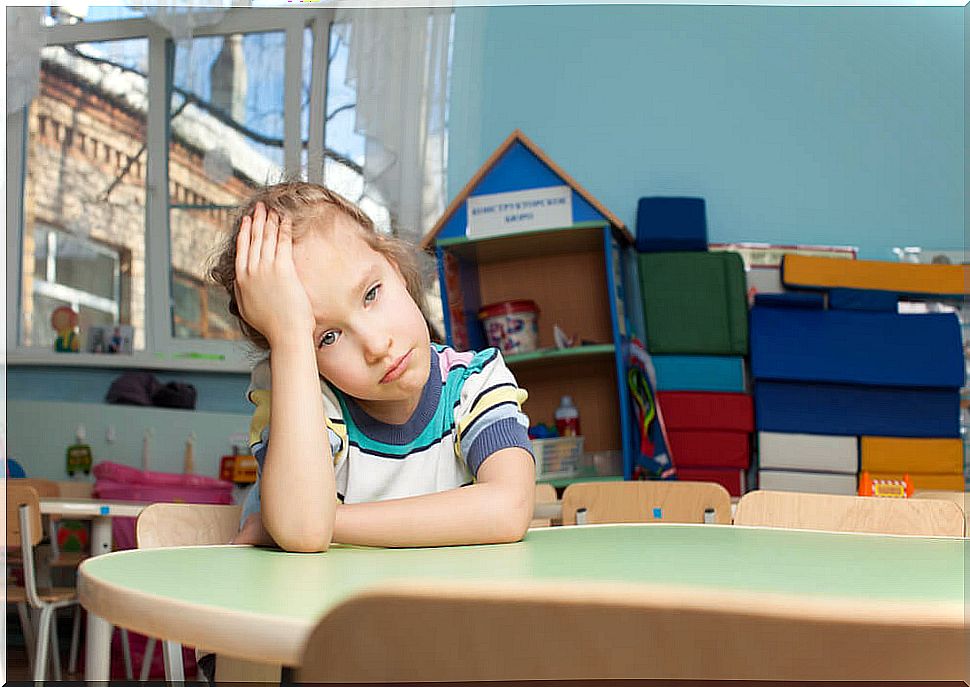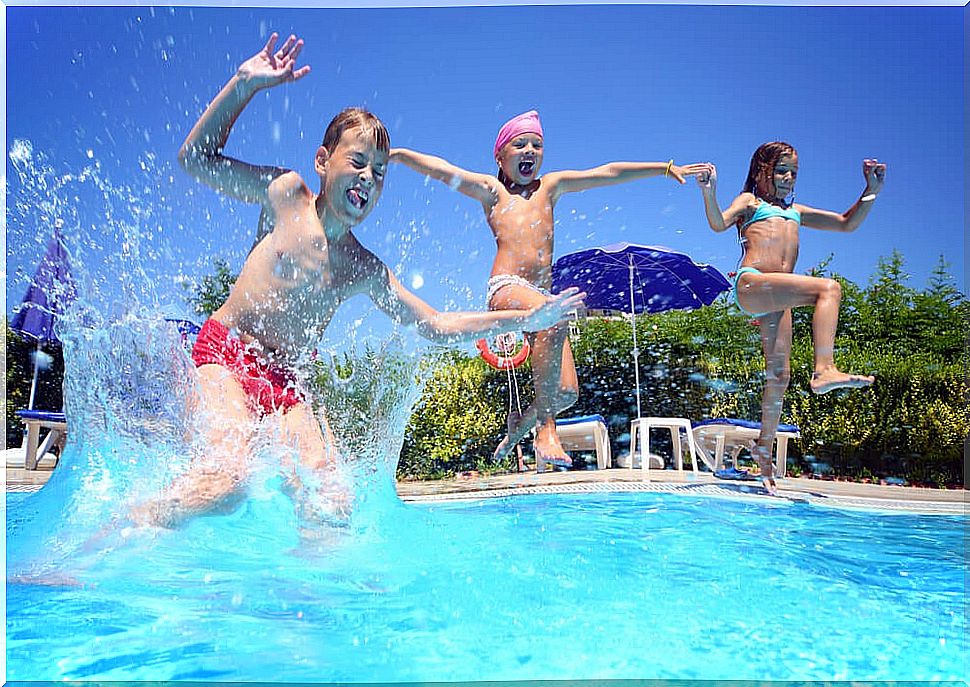Saturation Of Children With Activities
Even though studies abound that assess the importance of play for child development, nowadays there is no time to play. Children of the 21st century have an agenda overloaded by their parents. Creativity, emotions and relationships are trained like this: playing.

We live in times when we fill the children’s agenda with extracurricular activities. While all parents think that we want to give them the best, we do not realize that we are promoting the saturation of children.
A saturation of activities that does not always correspond to the interests and preferences of the child. Rather, it has to do with the inability of parents to have a schedule that allows them to share their free time once the school day is over.
In other cases, it corresponds to the almost obsessive desire of parents for their children to be “the best.” In doing so, children are subjected to unnecessary stress and pressure, their right to play freely is taken away, practically robbing them of their childhood. It sounds harsh, but it tends to be that way.
The tight schedule

The saturation of children begins with extracurricular activities. Children attend their formal school, do their homework, and then have a busy schedule that includes languages, sports, arts and computer activities, to name the most common.
Not even on weekends there is free time to share moments of playful play with other children. Generally, there are presentations or competitions that you have to attend because they are part of the extracurricular activities. But the full schedule of activities is not only during class time.
The holidays are also saturated. Children attend language or sports camps, with an extensive program of activities. They also participate in cultural events or presentations dedicated to children.
Children enjoy what they are doing, but the rigid organization of activities leaves little room for spontaneous interaction with other children, even less for free play.
Without play there is no childhood

It is not about discrediting extracurricular activities. The problem is that children don’t have time for everything. Play, fun and free, with children of the same age or of other ages, is vital for them. But the eagerness that parents have to occupy their free time, leaves less and less space to play.
Free play, without didactic or pedagogical purposes, where the rules are defined by children, not adults, is essential for the healthy growth of children. It is the perfect formula to socialize, learn to manage emotions, stimulate creativity, improve self-esteem and de-stress.
Children need to play for the game itself, not for learning purposes. That comes by default. But those minutes in which the child plays freely with other children are less and less frequent in cities, in neighborhoods without spaces for recreation or in homes where both parents work.
This reality experienced by today’s children, who surely did not experience their parents or grandparents, is what is affecting the development of social skills. Young children need to play with older children, as that develops their social brain. They need to play outside, create and share without the strong direction of adults.
How to combat saturation in children
Parents have scheduled our children’s free time because most likely we have no other option. However, it is still possible to avoid saturation of children.
Here are some basic recommendations in this regard:
- Consider the child’s interests and temperament. If you are going to occupy your free time, it has to be with activities that you like and with which you can easily integrate. Run away from activities that reinforce school content – that’s what school is for!
- Avoid the overloaded schedule. Children need time to do homework, rest, spend time with parents, and talk. They also need to be bored. It would be perfect if the child had at least two days without extracurricular activities.
- If he doesn’t like the activity, don’t force him to attend. There has to be a balance between encouraging him to be persistent and knowing when to give up. Before enrolling him in an activity, make sure he goes two or three days of trial. It is essential that the child enjoy what he is doing.
- Don’t become a source of child stress. If a child shows symptoms of tiredness, insomnia, or weakness, he may not be able to take it anymore. You have to give him the space he needs to rest and be calm.
- Organize meetings just to play. Help your children to meet other children just to play. You do not need a very elaborate organization, it is about encouraging the meeting with other children and that they freely decide what to play and how to do it.
Playing is like breathing and eating

Play is as important to children as breathing and eating. The game is the key that opens the door of the relationship with the world that surrounds them. The benefits of play for child development have never been more studied than today, when children have less time to play. Paradoxical, no?
The organization of extracurricular activities that basically responds to the interests and needs of the parents, has to leave space for the child to play simply for the pleasure of playing. Let’s not torture our children. Let’s avoid saturating children with so many activities.









